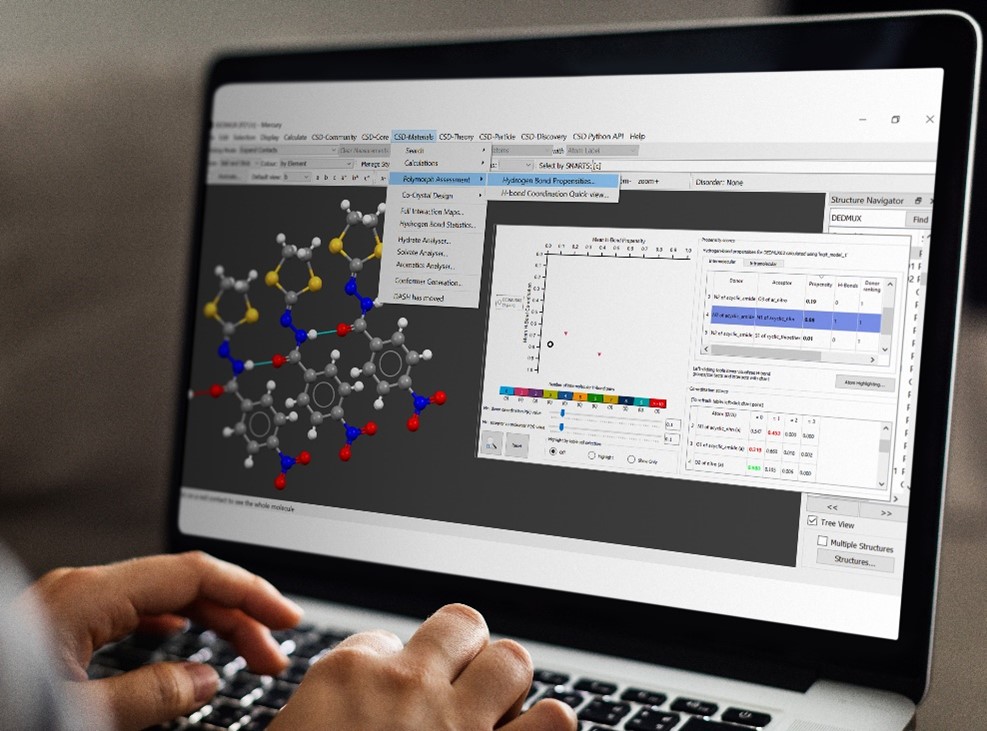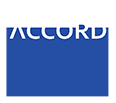Wednesday, May 22nd, 2024, 10.00-18.00
Physiologically based pharmacokinetics (PBPK) modelling and simulation – basic course (additionally paid)
Introductory course to physiologically based PK modelling will provide basic theoretical concepts as well as hands-on exercises in PBPK model applications in drug development and regulatory evaluation. Critical PBPK model components and parameters, model building, verification and validation steps will be discussed. Separate session will be devoted to introduce and characterize data needed to inform these models. Various PBPK modelling approaches will be discussed.
Upon completion of this course trainee will be able to:
· Define the role of PBPK models at different stages of drug development and regulatory evaluation.
· Identifykey PBPK model components and parameters.
· Understand the differences between PBPK model building, verification and validation processes.
· Identify the data needed to parametrize PBPK models.
· Differentiate between in silico, in vitro and in vivo data sources.
· Understand major practical PBPK applications (e.g. DDI, special populations, bioavailability, virtual bioequivalence.

Prerequisites: Good understanding of drugs pharmacokinetics principles (ADME processes, Michelis-Menten kinetics, PK parameters).
Note: The course will focus on small molecules and large molecules specific PBPK models won’t be discussed.
Limit: 40 attendees
Place: Faculty of Pharmacy, Banacha 1, Warsaw
Tutor

Thursday, May 23rd 2024, 9:00-12:00
Leveraging the Cambridge Structural Database for pharmaceutical innovation
Structural databases such as the Cambridge Structural Database (CSD) contain a wealth of information that can be used to derive new knowledge.This workshop will introduce you to the CSD and will show you how you can leverage small molecule structural data in your research, with focus on the pharmaceutical applications. In particular, expert tutors from the Cambridge Crystallographic Data Centre (CCDC) will present tools and functionality form the CSD Software designed to aid pharmaceutical investigation from drug discovery, to investigation of structural stability, to study of particle properties.
The tutors will present an overview of functionality from CSD-Discovery, the CSD Software suite designed for drug discovery, including functionality for ligand validation, using Mogul, and for protein ligand docking, using GOLD. To investigate solid form stability, the tutors will then present software from CSD-Materials, which has components including sophisticated analysis and prediction of intermolecular interactions, and crystal packing.The tutors will also show how using CSD-Particle, the CSD Software suite designed to understand the mechanical and chemical properties of particles, can provide insights into the surface chemistry and topology of crystal facets and explore structural features that are important to mechanical properties.
The focus of the session will be chosen with the attendees and attendees will also have the opportunity to try hands-on their choice of the features presented, following step-by-step handouts with the help and supervision of the tutors. We will also provide attendees with information about where to find hands-on exercises should they want to explore the CSD further after the workshop.

Prerequisites: Attendees do not need any previous experience using the CSD Software. A free workshop license will be provided to for the participants to complete the hands-on part.
Outline:
9:00-10:00 – Presentation and demonstration of CCDC tools for Pharmaceutical Applications
10:00-10:20 – Coffee break
10:20-12:00 – Hands-on session:
• A choice between 3 guided hands-on examples
• 3 examples selected according to participants interests during registration.
• Attendee can then select most appropriate example on the day.
Limit: 60 attendees
Place: Airport Hotel Okęcie, Komitetu Obrony Robotników 24, Warsaw

